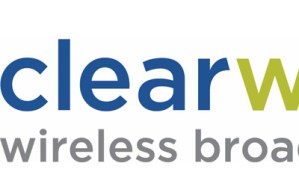
WiMax operator Clearwire is already hard at work rolling out WiMax services in the United States…but while it’s already in the 4G market, its WiMax technology is not what most major mobile operators are banking on. Instead, providers like AT&T and Verizon are working to build out 4G service using Long Term Evolution (LTE) technology—and LTE is also the 4G standard with the most support in worldwide markets. Now, longtime WiMax backer Clearwire has announced it’s going to hedge its bets: beginnign this fall, it will start trials of LTE service in the Phoenix area, including multiple methods for letting LTE and WiMax technologies co-exist.
Clearwire’s unmatched spectrum and all-IP network make us the only service provider in the U.S. able to conduct tests of this nature and on this scale,” said Clearwire CTO Dr. John Saw, in a statement. “We remain technology agnostic, but WiMAX provides us with unique advantages to meet the needs of our customers today. Ultimately, consumers don’t care about technical acronyms, but they do care about quality and affordable Internet services that work where and when they want, and that’s what we’re focused on delivering.”
Clearwire will be conducting the tests in conjunction with Huawei Technologies, which developed a commercial LTE network in Europe (the first, in fact) that happens to run in the spectrum band that Clearwire uses in its WiMax network. Clearwire also plans to conduct tests using the same Samsung base stations it uses in its existing WiMax network, and collaborate with Beceem and other partners to figure out how end-user devices can work on a mixed mode LTE/WiMax network. It expects the testing to extend into the first part of 2011.
Clearwire’s ability to start playing with LTE results from a change in the terms of Clearwire’s technology agreement with Intel that enables it to add technologies to its WiMax network. Currently, Sprint is the only U.S. mobile operators currently offering WiMax service in partnership with Clearwire; Sprint has recently indicated that it might be interested in building out an LTE network—and maybe merging with T-Mobile.


